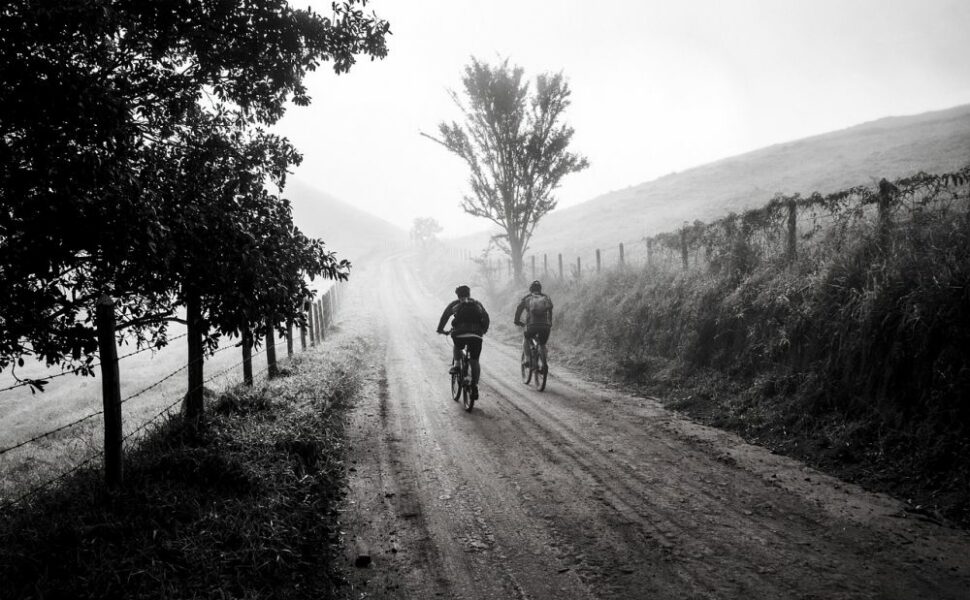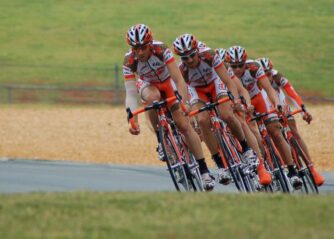Tour de France Winners: A Historic Journey of Cycling Greatness

Introduction:
The Tour de France is undoubtedly one of the most prestigious and grueling cycling races in the world, captivating sports and leisure enthusiasts alike. This article aims to provide an in-depth understanding of Tour de France winners, shedding light on what makes this event remarkable. From the history of its inception to the evolution of winners over the years, we delve into the extraordinary feat of these cycling legends.
Historical Development:

The Tour de France, inaugurated in 1903, has come a long way since its humble beginnings. Founded by French newspaper L’Auto as a means to boost circulation and promote cycling, it quickly gained popularity and became an annual race. The first edition comprised six stages, covering a total distance of 2,428 kilometers.
Over time, the Tour de France evolved, expanding its route and attracting international participants. The race underwent several modifications, introducing mountain stages, time trials, and even reaching neighboring countries like Belgium, Luxembourg, and Italy. With each passing year, the Tour grew in stature, becoming a significant event in the cycling world.
Key Elements of Tour de France Winners:
1. Physical Endurance and Stamina:
Tour de France winners possess extraordinary physical endurance and stamina. This grueling race covers a distance of approximately 3,500 kilometers over 21 stages, including flat roads, steep climbs, and treacherous descents. To endure such challenges, winners train rigorously for years, focusing on developing their cardiovascular system, leg strength, and overall fitness.
2. Tactical Prowess:
Apart from physical prowess, tactical strategy plays a crucial role in winning the Tour de France. Riders must consider factors like wind direction, peloton dynamics, and when to conserve energy and attack. The winners possess exceptional decision-making skills, knowing when to push their limits and when to conserve energy for crucial stages.
3. Mental Resilience:
Enduring a race that spans over three grueling weeks requires immense mental resilience. Tour de France winners exhibit extraordinary mental fortitude, remaining focused, and motivated amidst physical exhaustion, grueling climbs, and unpredictable weather conditions. They must overcome setbacks, such as crashes and injuries, to emerge victorious in this ultimate test of human endurance.
Evolution of Tour de France Winners:
The evolution of Tour de France winners is a testament to the sport’s changing dynamics and the remarkable achievements of cycling legends. Over the years, the race witnessed the emergence of dominant riders who left an indelible mark on the event’s history. Let’s delve into the significant phases of this evolution:
1. Early Domination by French Cyclists:
In the formative years of the Tour, French cyclists dominated the winners’ list. Riders like Maurice Garin and Lucien Petit-Breton showcased their prowess, winning multiple editions of the race. This period established the prominence of French riders on home turf.
2. International Rivalries and the Emergence of Eddy Merckx:
The 1960s and 1970s marked a significant shift in the Tour de France winners’ demographics. Eddy Merckx, a Belgian cycling prodigy, burst onto the scene, winning an astounding five editions of the race. Merckx introduced a new era of international dominance, igniting intense rivalries and raising the bar for future champions.
3. The Era of Lance Armstrong and Controversy:
The turn of the millennium witnessed the emergence of Lance Armstrong, an American cyclist who achieved an unprecedented seven consecutive Tour de France victories from 1999 to 2005. However, Armstrong’s victories were tarnished by doping allegations, leading to his disqualification from the race and a subsequent shift in the sport’s integrity.
4. Modern Era and the Rise of British Cyclists:
In recent years, British cyclists have made an impressive mark in the Tour de France. Riders like Sir Bradley Wiggins, Chris Froome, and Geraint Thomas have secured multiple victories, nurturing a new generation of British cycling enthusiasts and cementing their place in the race’s history.
Conclusion:
The Tour de France winners encapsulate the epitome of human endurance, strategic brilliance, and unwavering determination. From its inception in 1903 to the present day, the race has evolved, shaping the trajectories of cycling legends and providing unparalleled excitement for sports and leisure enthusiasts worldwide.
As the Tour de France continues to captivate cycling enthusiasts, the feat of its winners serves as inspiration for aspiring riders and a testament to the beauty and complexity of this extraordinary sporting event. Whether they excel on flat roads or conquer treacherous mountain climbs, these winners etch their names into the annals of cycling greatness, forever revered for their physical and mental prowess.
















































